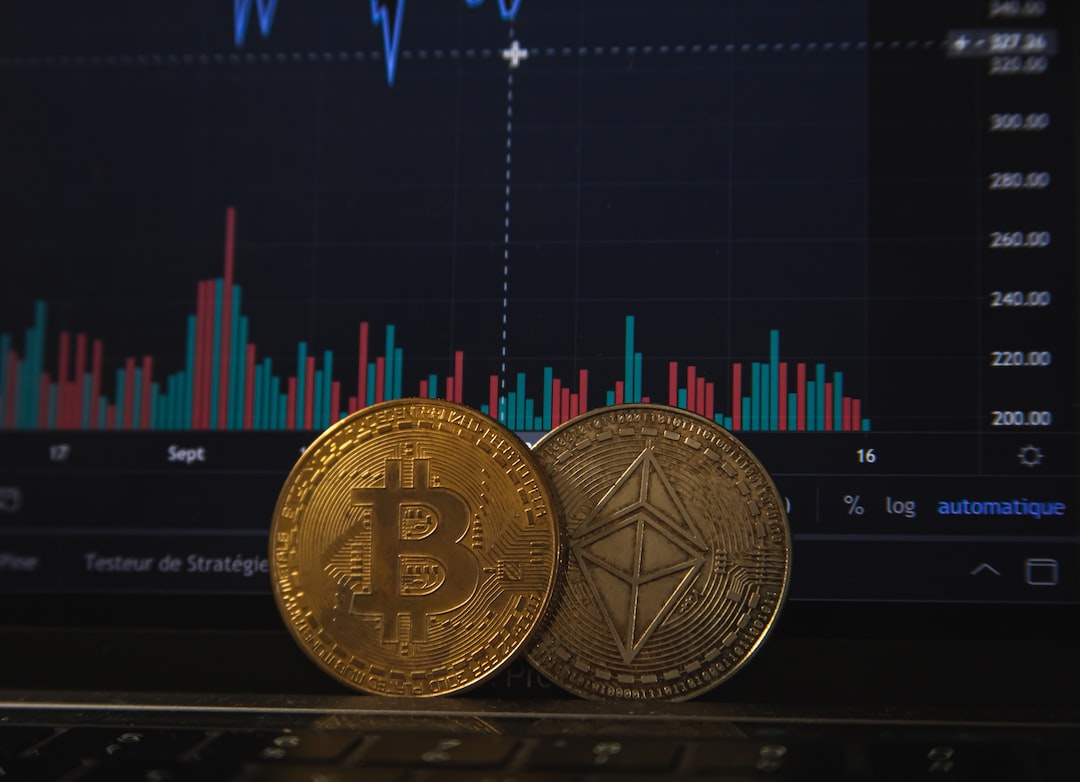The Monetary Authority of Singapore (MAS) has released new rules for stablecoins
The MAS has announced new regulations for single-currency stablecoins that are not issued by the government. These rules will apply to stablecoins pegged to the Singapore dollar or other fiat currencies from various countries. The central bank is currently seeking feedback through consultations before the rules are finalized. The new regulations include capital requirements and price stability enforcement for stablecoin issuers.
Key Points:
- Stablecoin issuers must hold 100% low-risk capital and ensure price stability.
- Private issuers back stablecoins 1:1 using cash, cash equivalents, and short-term treasuries.
- Stablecoin traders can maintain price stability through arbitrage trades on centralized exchanges.
- Stablecoins serve as a stable medium of exchange for overseas transfers.
- Other jurisdictions, including the US, are also working on stablecoin regulations.
Regulators’ View on Stablecoins:
Several jurisdictions, including the US, are taking steps to regulate stablecoins to ensure their safe use. The US Senate recently passed a bill to enforce anti-money laundering laws for stablecoins. A separate bill in the US, known as the Clarity for Payment Stablecoins Act, failed to pass the House Financial Services Committee. Hong Kong is also working on new stablecoin laws to attract crypto businesses.
Hot Take
The release of new rules for stablecoins by the MAS demonstrates the increasing regulatory scrutiny on digital currencies. By imposing capital requirements and price stability enforcement, the MAS aims to protect users and maintain the stability of the Singapore dollar. Other jurisdictions following suit indicate a broader trend towards regulating stablecoins. As the popularity of stablecoins continues to grow, it is crucial for regulators to establish clear guidelines to ensure the safe and reliable use of these digital assets.





 By
By
 By
By
 By
By
 By
By
 By
By